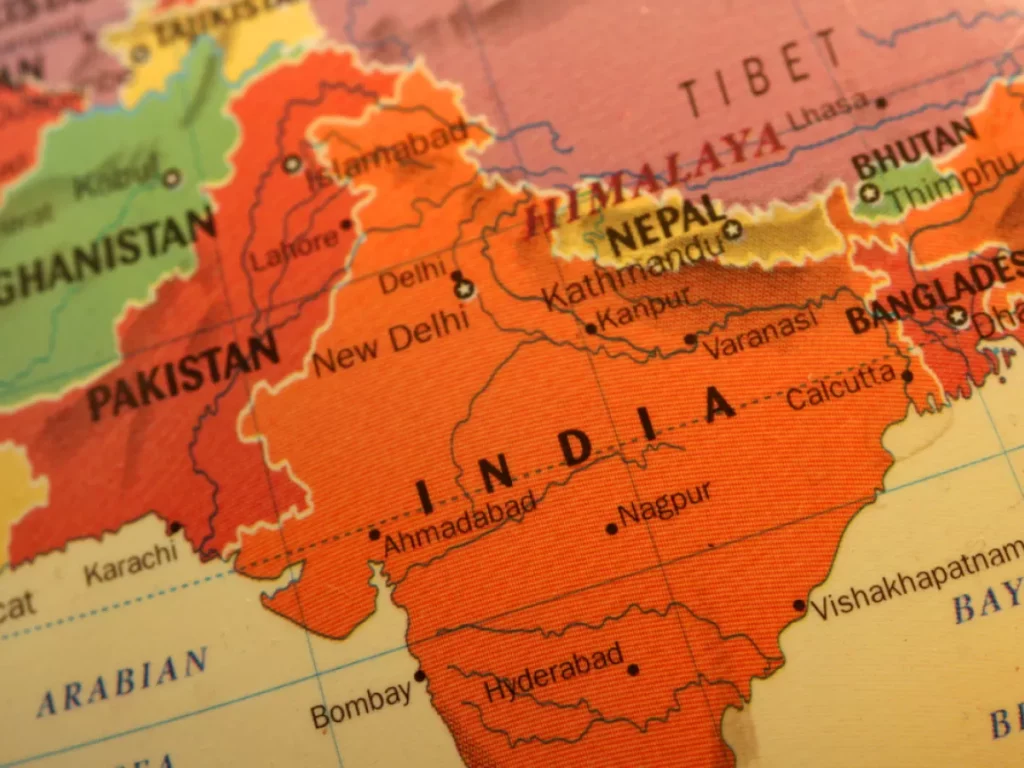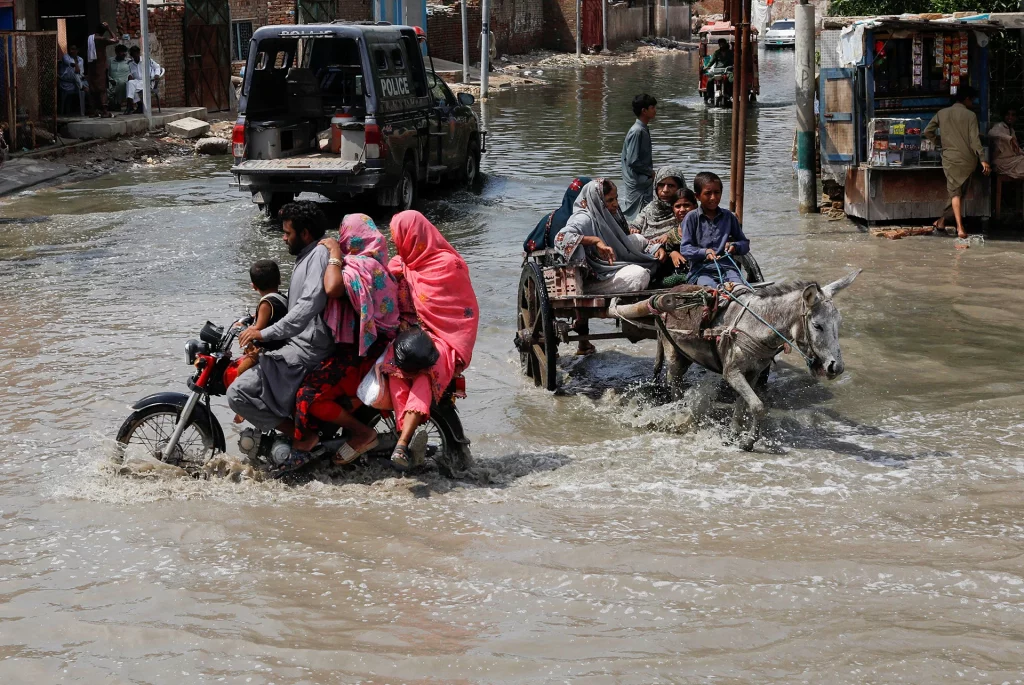Generational trauma in Pakistan is a silent yet pervasive force impacting individuals, families, institutions, and the broader economy. Passed down like inherited heirlooms, these psychological wounds often remain buried—yet they shape thoughts, feelings, behaviors, and national productivity in 2025.

Understanding Generational Trauma in Pakistan
Generational trauma in Pakistan refers to emotional and psychological scars passed on through generations due to historical upheavals, family silence, and cultural norms. These inherited wounds often manifest as chronic anxiety, emotional detachment, or perfectionism—even when the original trauma is unspoken.
How Generational Trauma in Pakistan Impacts Mental Health
Whether in urban offices or rural schools, individuals affected by generational trauma in Pakistan may experience disproportionate stress responses, low resilience, and difficulty forming trusting relationships. Workplace absenteeism, burnout, and resistance to change are often rooted in such hidden emotional legacies.
Historical Roots of Generational Trauma in Pakistan
- Partition of 1947: Massive violence and displacement have had a lasting effect on identity and family dynamics.
- Conflict and Terrorism: Regional instability in Swat and tribal areas has left communities with unhealed scars and post-traumatic stress.
- Natural Disasters: Events like the 2005 Kashmir earthquake triggered family-wide emotional trauma that continues today.

Cultural Silence and Stigma Around Mental Health
In Pakistan, generational trauma is perpetuated by shame and honor-driven silence. Mental illness is often dismissed as weakness or spiritual deficiency, discouraging individuals from seeking help and leaving wounds unaddressed.
Symptoms of Generational Trauma in Pakistan
- Emotional volatility, rage, or numbness passed down through family structures
- Anxiety, depression, and PTSD cropping up in multiple family members
- Learned behaviors—like distrust of authority or compulsive control—emerging in younger generations

Science and Research on Trauma Transmission
- Neurobiological insights: Trauma rewires the amygdala and hippocampus, heightening stress reactions.
- Epigenetic findings: Children can inherit altered stress responses biologically due to their parents’ trauma.
- Local studies: Research links parental trauma with emotional maltreatment in Karachi families, reinforcing unhealthy behavioral cycles.
Urban vs Rural Trauma Experiences
- Urban stressors: Academic pressure, social isolation, workplace burnout.
- Rural stressors: Poverty, forced migration, lack of support.
Despite different contexts, both settings reflect the long-term effect of generational trauma in Pakistan.
Healing the Wounds of Generational Trauma in Pakistan
- Safe family dialogues for storytelling and emotional validation
- Trauma-informed therapy and counseling services in cities
- School-based mental wellness programs and specially trained teachers
- Community initiatives, including NGO-led peer groups and awareness campaigns
Cultural and Spiritual Paths to Healing
Islamic traditions of forgiveness and collective supplication can support recovery when combined with personal reflection and counseling. Art, poetry, and storytelling are powerful tools for processing grief and trauma in a culturally relevant way.
Debunking Myths About Generational Trauma
- “It wasn’t that bad.” — Even seemingly minor events can trigger trauma.
- “Silence protects honor.” — Suppression often worsens emotional wounds.
- “Mental health is foreign.” — Pakistan has long traditions of storytelling and introspection to heal emotional trauma.
Role of Mental Health Infrastructure in Addressing Trauma
- Less than 0.4% of the national health budget supports mental health
- Only ~500 psychiatrists serve over 240 million people
- NGOs like BasicNeeds Pakistan offer counseling efforts—but access remains limited
Conclusion: Embracing Healing and Building Resilience
Understanding and addressing generational trauma in Pakistan is crucial—not just for individual well-being, but for economic growth, social stability, and national resilience. Through policy focus, education, family dialogue, and mental health investment, Pakistan can break cycles of inherited pain and unlock its full human potential.
Key Data Points
| Metric | Value |
|---|---|
| Estimated population with mental health disorders | 50 million+ |
| Licensed psychiatrists in Pakistan | ~500 |
| National budget for mental health | < 0.4% |
| Employee productivity loss due to mental distress (Gallup) | Up to 37% |
| Increase in retention from wellness programs (Deloitte) | 50% |
Author’s Note
I was motivated to write this article by my professor, Professor Dr. Sobia Masood, Chairperson of Psychology Department, Rawalpindi Women University, whose encouragement inspired me to explore the topics continue writing. Her support reminded me that our words can spark awareness, empathy, and change. I hope this piece contributes to that purpose.
Sources:
- Mental Health Coalition Pakistan: https://mhcp.org.pk
- World Health Organization: Mental Health in South Asia
- IJIC Journal: Trauma in Tribal Pakistan
- Gallup Research: Emotional Wellness & Workplace Productivity
- Deloitte Insights: ROI of Mental Health in the Workplace
- Pakistan Journal of Humanities & Social Sciences: Intergenerational Trauma in South Asia

